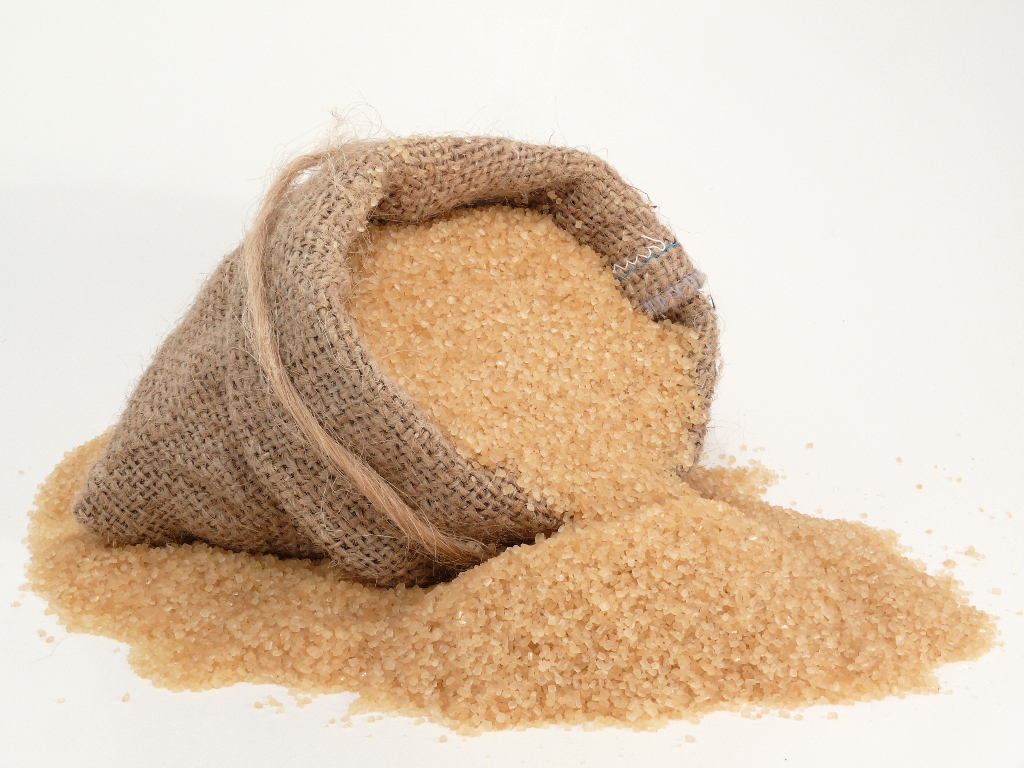During the week of August 26th to 31st, 2024, the sugar markets across most Eastern and Southern African cities, including Nairobi and Mombasa, experienced stability with no price fluctuations. However, notable exceptions were seen in Kampala, Kigali, and Bukavu. In Kampala, the price of brown sugar dropped significantly by USD 90 per ton to USD 689 per ton, following a previous decrease of USD 124 per ton over the last two weeks. This sharp decline is due to surging sugar stock levels in Uganda and limited market options following Kenya's ban on brown sugar imports.
Import parities from the EAC into Kenya remain high, making imports expensive. However, due to the recent drop in sugar prices in Uganda, the import parity for the Rwandan market has improved. Ugandan millers are now offering sugar to neighboring EAC countries at USD 600 to USD 610 per ton ex-mill, nearing a break-even point with a slight negative import parity of USD 6 per ton.
In regional news, Kenya has enforced a ban on brown sugar imports to protect the local sugar industry and improve earnings for sugarcane growers. This move has caused tensions with Uganda, which argues that the ban violates EAC trade agreements and protocols. The Uganda Sugar Manufacturers Association (USMA) has called for the EAC to address the issue to preserve the trade relationship between the two countries.
In South Africa, the ongoing drought in the KwaZulu-Natal region is expected to lead to an early end to the sugar milling season. Crop yields have decreased due to insufficient irrigation, and several factories may not continue milling beyond November 2024. The South African Sugar Association (SASA) has already reduced its 2024 crop estimate, and further reductions are anticipated due to the adverse weather conditions.
In Ethiopia, the government is set to import 20,000 tons of sugar to stabilize market prices amidst recent price hikes caused by macroeconomic reforms. This action aims to curb price gouging and hoarding by rogue traders.
Port activities in the EAC region included several vessels carrying refined and VHP sugar en route to Dar es Salaam, Bossaso, Kismayo, and Mogadishu. Notable shipments included 27,000 MT of VHP sugar headed for Mogadishu and refined sugar for Dar es Salaam and Bossaso.
Overall, the Kenyan sugar market remained stable, reflecting trends observed in most other EAC markets. However, Uganda's declining brown sugar prices, driven by increased stock levels and halted exports to Kenya, could lead to further price reductions.
Source: kulea.com
Summary by: Victor Agut

